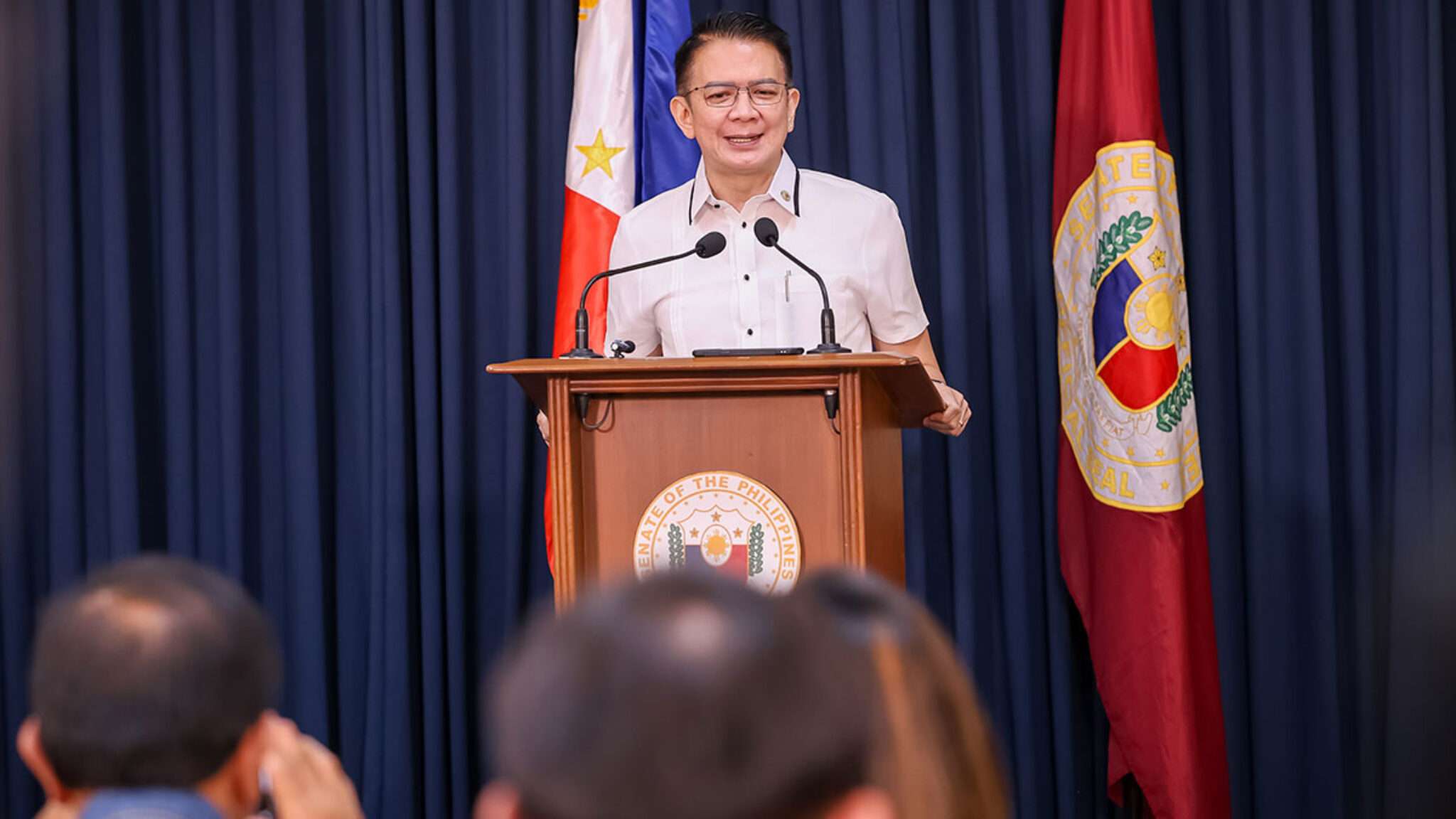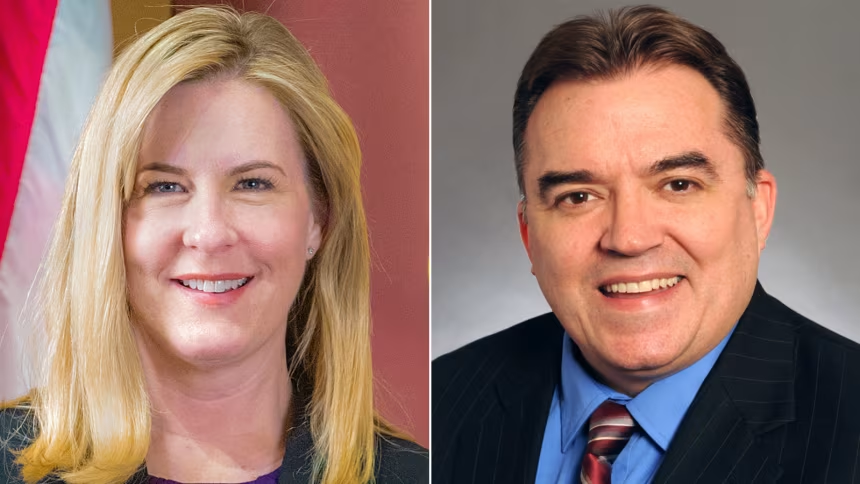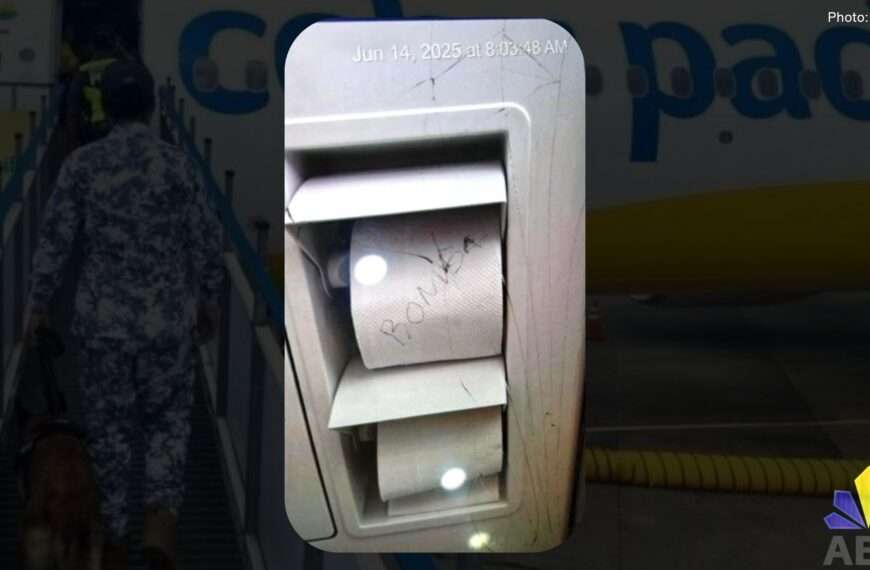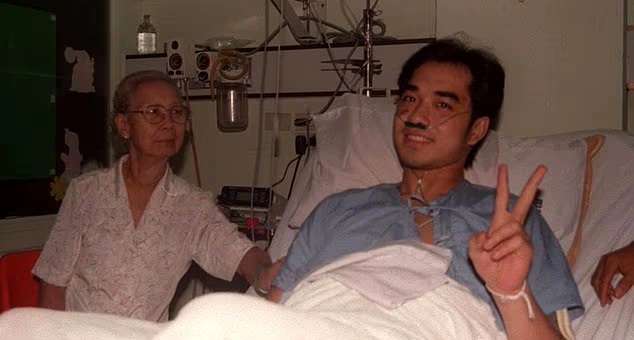Senate grapples with continuity of VP Duterte’s impeachment trial

MANILA, Philippines – A heated debate has erupted in the Senate over whether the impeachment trial against Vice President Sara Duterte can extend into the upcoming 20th Congress, with only six session days remaining in the current 19th Congress to address the proceedings.
Senate Majority Leader Francis Tolentino initiated the discussion on Monday, June 2, asserting that the upper chamber should not proceed with the trial due citing constitutional limits. He highlighted that the Articles of Impeachment were transmitted to the Senate on February 5, yet the trial is only slated to commence on June 11 – just before the 19th Congress adjourns sine die. Tolentino invoked Article XI, Section 3(4) of the Constitution, which mandates the Senate to “proceed to trial, forthwith” after receiving the Articles of Impeachment, arguing that months of inaction undermine this directive and the respondent’s due process rights. He also cited Jefferson’s Manual, suggesting that “unfinished business at the end of one Congress does not carry over to the next Congress.”
However, Senators Koko Pimentel and Risa Hontiveros of the minority bloc strongly disagreed. Hontiveros countered that “allowing impeachment to cross over Congresses is consistent with American practice,” referencing Thomas Jefferson’s Manual, which, in a different interpretation, states that impeachment is not discontinued by the dissolution of Parliament. Pimentel echoed this, noting that the Constitution lacks any provision prohibiting an impeachment trial from continuing into the next Congress. He further argued that the Senate Rules on Impeachment support the continuation of the trial until a final judgment, even if it requires extending into the next Congress.
Senate President Chiz Escudero, speaking on Monday morning, stated that even if the 19th Congress convenes as an impeachment court, the Senate would need to reconvene as a court in the 20th Congress, as decisions from a previous Congress are considered non-binding on the succeeding one. Escudero had already postponed the presentation of the Articles of Impeachment from June 2 to June 11, the last session day of the 19th Congress. The actual convening of the impeachment court on June 11 also remains uncertain, as senators may still move to oppose it.
Escudero dismissed speculations that the delay was a political maneuver to secure his position amidst a leadership contest for the 20th Congress. He maintained that the postponement was necessary to prioritize measures identified by the Legislative-Executive Development Advisory Council (LEDAC) on May 29. He also clarified that President Ferdinand R. Marcos Jr., who had publicly stated he “did not want” the Vice President removed from office, had no influence on the postponement, and that he only informed Speaker Martin Romualdez of the decision.
Meanwhile, Speaker Romualdez maintained that the House leaves the conduct of the impeachment proceedings to the Senate’s discretion, calling concerns about the trial not pushing through “speculative.” However, outgoing Camarines Sur Rep. Gabriel Bordado Jr. questioned the delay, asking if it compromised their “solemn duty as public servants sworn to uphold the Constitution.”
The 20th Congress is set to open on July 28.





![[EXCLUSIVE] Huge fire reported at Ricoa building in Mandaluyong, EDSA](https://asiabiznetwork.com/wp-content/uploads/2025/06/5-870x570.png)







